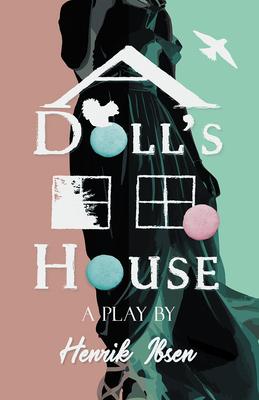This phenomenal play by Norwegian writer Henrik Ibsen shook the societal expectations of the nineteenth century with its radical portrayal of female identity and marriage roles.
First published and premiered in 1879, ’A Doll’s House’ frames nineteenth-century confines for women in the literal borders of a family home. Nora is married with three children and is living out the male-dictated ideal for women at the time. As the play progresses, Henrik Ibsen challenges this notion by gradually suggesting that Nora is trapped in a role that will never grant her self-fulfilment.
Ibsen’s portrayal of a free-thinking heroine and the play’s dismissal of societal norms resulted in a controversial reception at the time of its release. ’A Doll’s House’ is now considered a crucial feminist text and Ibsen is regarded as instrumental in the development of Modernism and Realism in theatrical practice.











![114年企業內部控制基本能力測驗(重點統整+歷年試題)[金融證照] 114年企業內部控制基本能力測驗(重點統整+歷年試題)[金融證照]](https://media.taaze.tw/showLargeImage.html?sc=14100120897)
